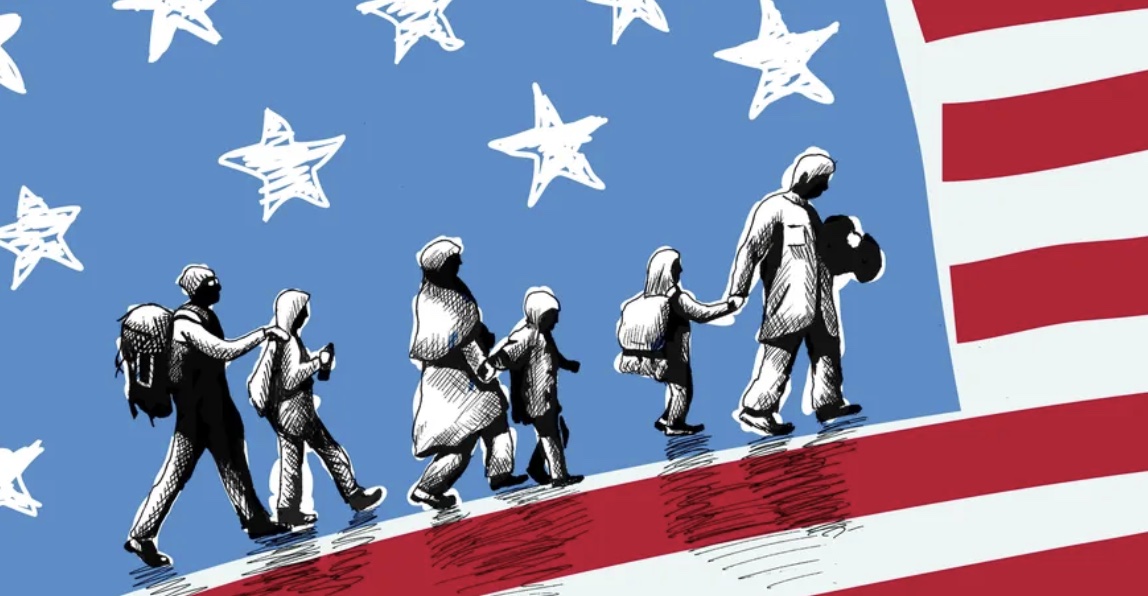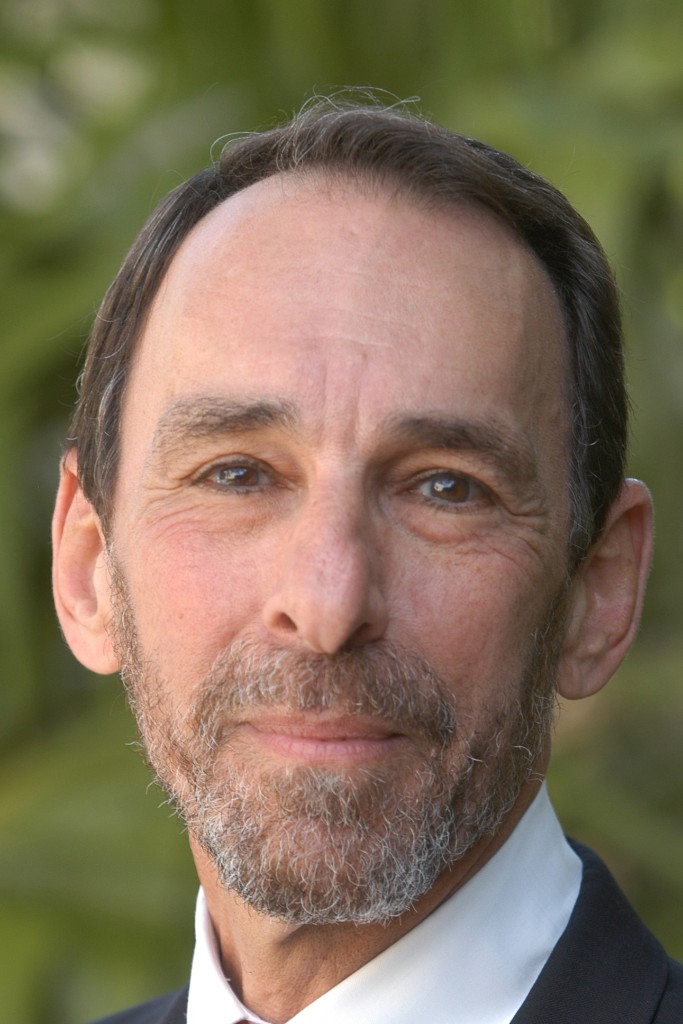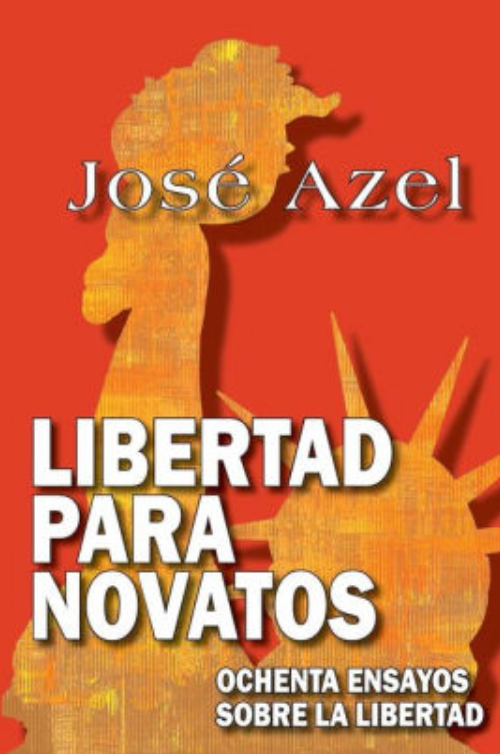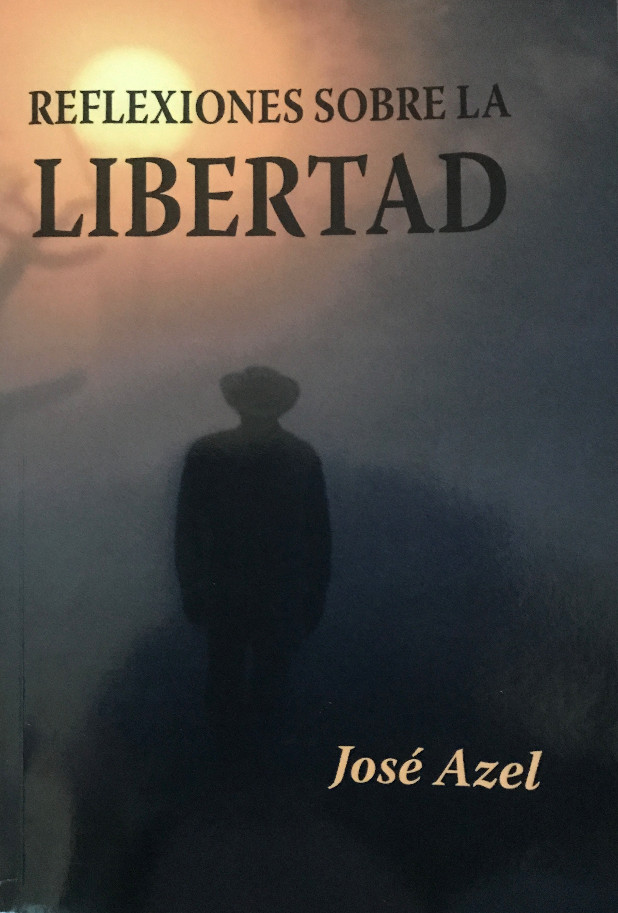| As individuals, we know little about the world and its people. Yet, we hold strong opinions about what should be done to solve most problems. We “know” what should be done in Iraq, without being able to locate Iraq on a map. Also, many people believe their culture is privileged, and at the center of human history. Just ask any of us Cubans. (I am being polite by picking on my own tribe, but the reader can substitute his own culture.) |
|
Until early in the 20th Century, it was believed that the white race was innately superior to other races. Racism was thus biologically rationalized. By mid century, however, scientists had produced ample evidence that the biological difference between races was insignificant. Contemporarily, the scientific community recognized significant differences between human cultures ranging from cuisine, sexual mores, political attitudes, and much more.
This is a shift from biology to culture; and whereas biology-based racism has diminished, it has been replaced by an increase in “culturalism.” For example, we no longer say that other peoples (e.g., Hispanics, Blacks), tend to behave antisocially because they have inferior genes; we now say that such behavior results from their dysfunctional cultures. The offensive language is now sociological rather than biological.
Importantly, as Israeli social scientist Yuval Noah Harari has noted, “…culturalism has a much firmer scientific basis than racism, and scholars in the social sciences cannot deny the existence and importance of cultural differences.” Unlike racism, which is unscientific, culturist arguments are often valid.
Culturalism is not equivalent to racism. The shift from racism to culturalism offers at least one good practical consequence. Culture is more adaptable than biology, and today’s culturalists are more willing, than historical racists, to accept others, provided they embrace their culture. This is not to defend or criticize culturalism. The point is that biology-based racism and culturalism have different foundations. The relevant sociopolitical question then becomes: How should we treat cultural differences?
The most urgent sociopolitical issues regarding culturalism center on immigration. Dr. Harari frames his discussion of immigration on a pivotal question: When a host country allows immigrants in, should this be understood as a duty or as a favor? “Is the host country obliged to open its gates to everybody, or does it have the right to pick and choose, and even to halt immigration altogether?”
When phrased this way, I suspect most of us would reject that allowing immigrants in is a duty. Culturally, we view immigration more as a favor than a duty. Anti-immigrationists claim that, except in the case of refugees fleeing persecution, a country is never duty-bound to allow immigrants in. They emphasize that a country can have whatever immigration policy it chooses. And, on this point, they are probably right.
On the other side, pro-immigrationists stress that our ethical code, which enshrines the value of compassion, makes it a moral duty to open our borders to those in need. Anti-immigrationists do not deny the compassionate argument, but counter that compassion is best shown by helping would-be migrants in their home countries.
In two previous columns, “Migration as an Individual Right” and “The Ethical Case for Migration” I have argued for policies of open immigration following libertarian principles of commitment to the moral equality of persons, and a supreme respect for the dignity and rights of the individual. However, I have carefully defined open immigration narrowly as the right of individuals to freedom of movement; to enter a country at designated check points where screenings are conducted for diseases, enemies, and criminality. Individuals have the right to put one foot in front of another, but borders mean something.
Philosophically, we have yet to resolve the question of whether allowing migrants in is a duty or a favor. Dr. Harari cites a fable, which parodies our conundrum on immigration, and culturalism: A wise old man was asked what he had learned about the meaning of life. “Well,” he answered, “I have learned that I am here on earth to help other people. What I still haven’t figured out is why the other people are here.”
Please let us know if you  this article. this article. |
|
We welcome your feedback.
Abrazos,
Lily & José
(click on the name to email Lily or Jose) |
|
|
|
|












No comments:
Post a Comment